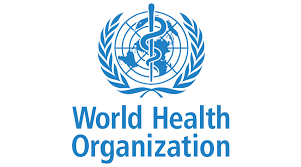
Experience: 0 to 3 Years
Apply By: 11-09-2023
The mission of the Division of Health Emergencies (WHE) is to build the capacity of Member States to assess, prevent and manage health emergency risks, and lead and coordinate the international health response to contain outbreaks and to provide effective relief and recovery to affected populations.The WHE Division brings together and enhances WHO's operational, technical, and normative capacities in outbreaks, emergencies, and risk analysis to address all health hazards across the risk management cycle in a predictable, capable, dependable, adaptable, and accountable manner. The Programme is designed to operate within the broader humanitarian and emergency management architecture in support of people at risk of, or affected by, outbreaks and emergencies, consistent with ways that strengthen local and national capabilities.
The Risk Communication and Community Engagement Programme (RCCE) is responsible for ensuring that people and stakeholders are enabled and empowered to take informed decisions that protect them from health emergencies. To do so RCCE communicates risks and preventive measures, engages communities and community actors, manages rumors and misinformation, builds country capacities, and supports country responses, and positions RCCE as an evidence-based technical area of work.
Description of Duties:
The Incumbent Will Perform the Following Duties:
Required Qualifications:
Education:
Experience:
Skills:
Use of Language Skills:
Source: https://careers.who.int/careersection/ex/jobdetail.ftl?job=2307881